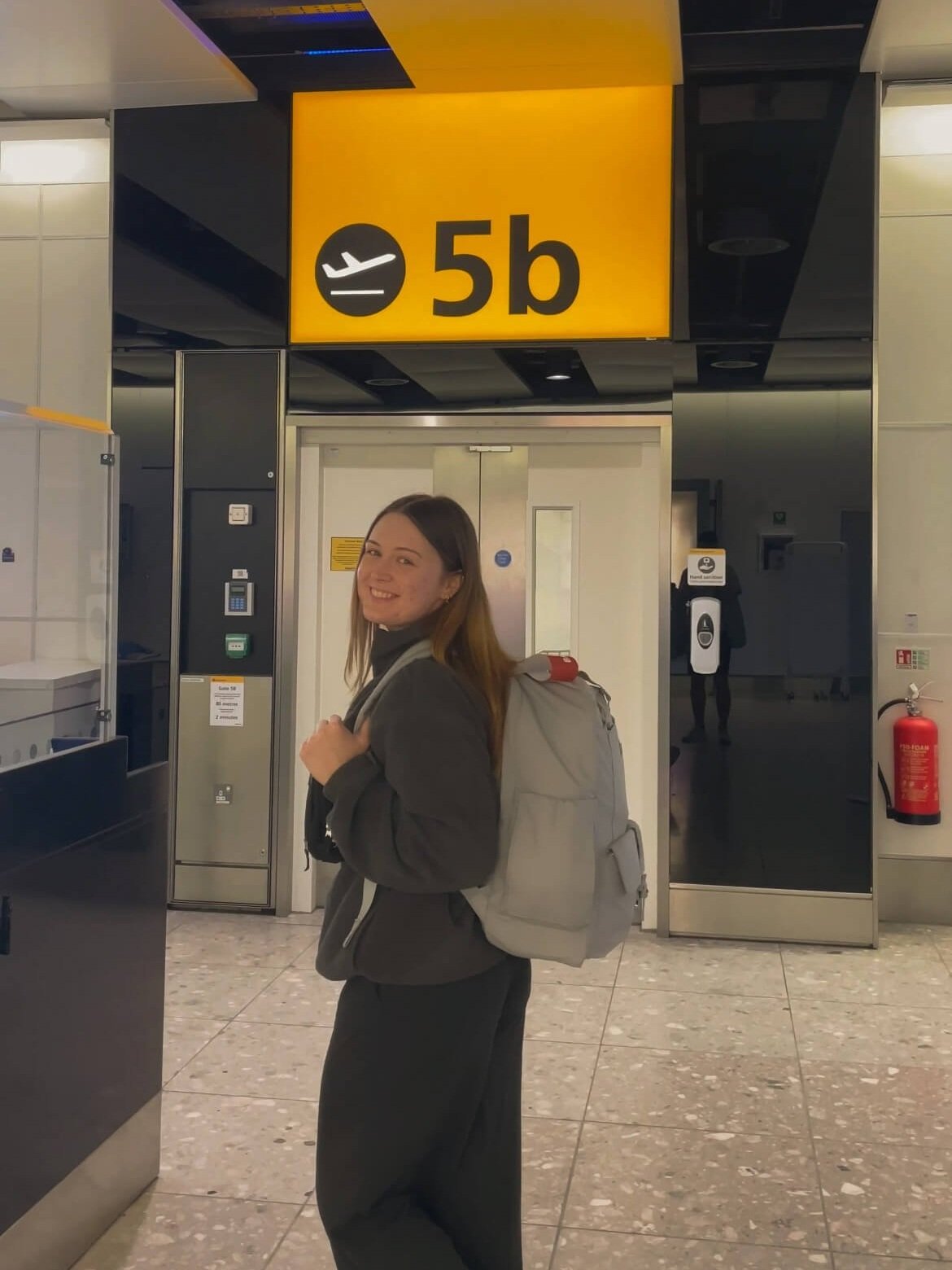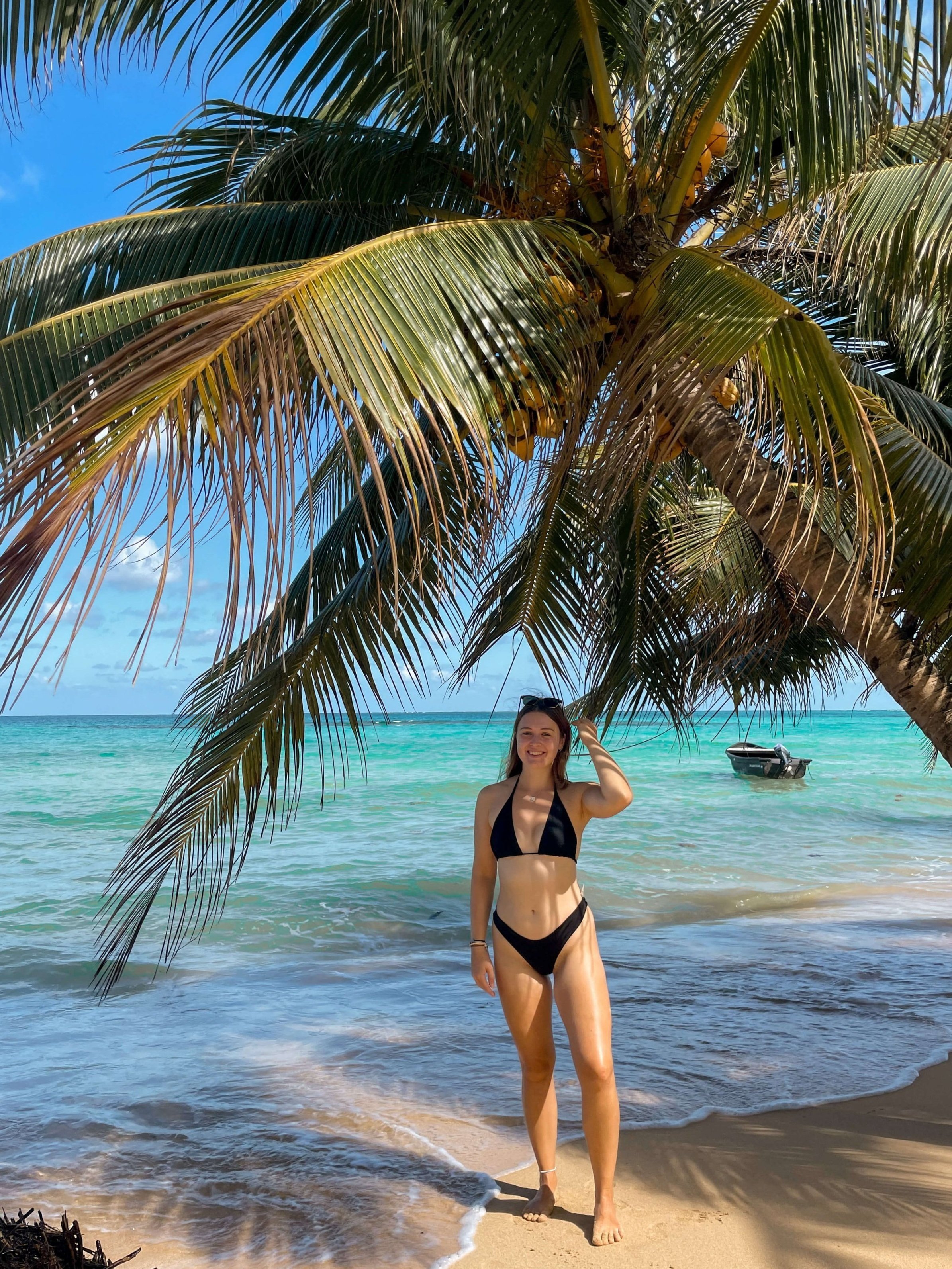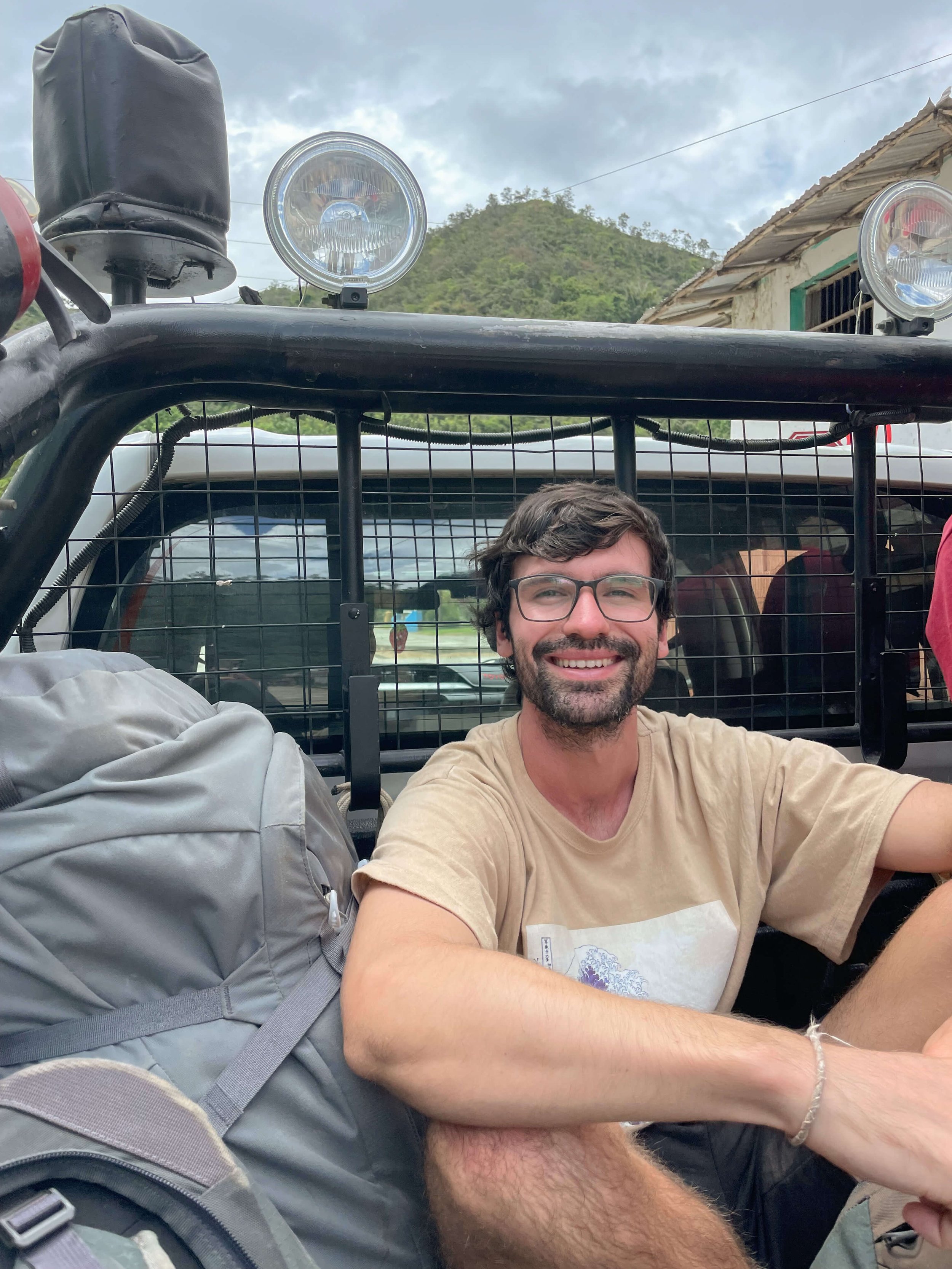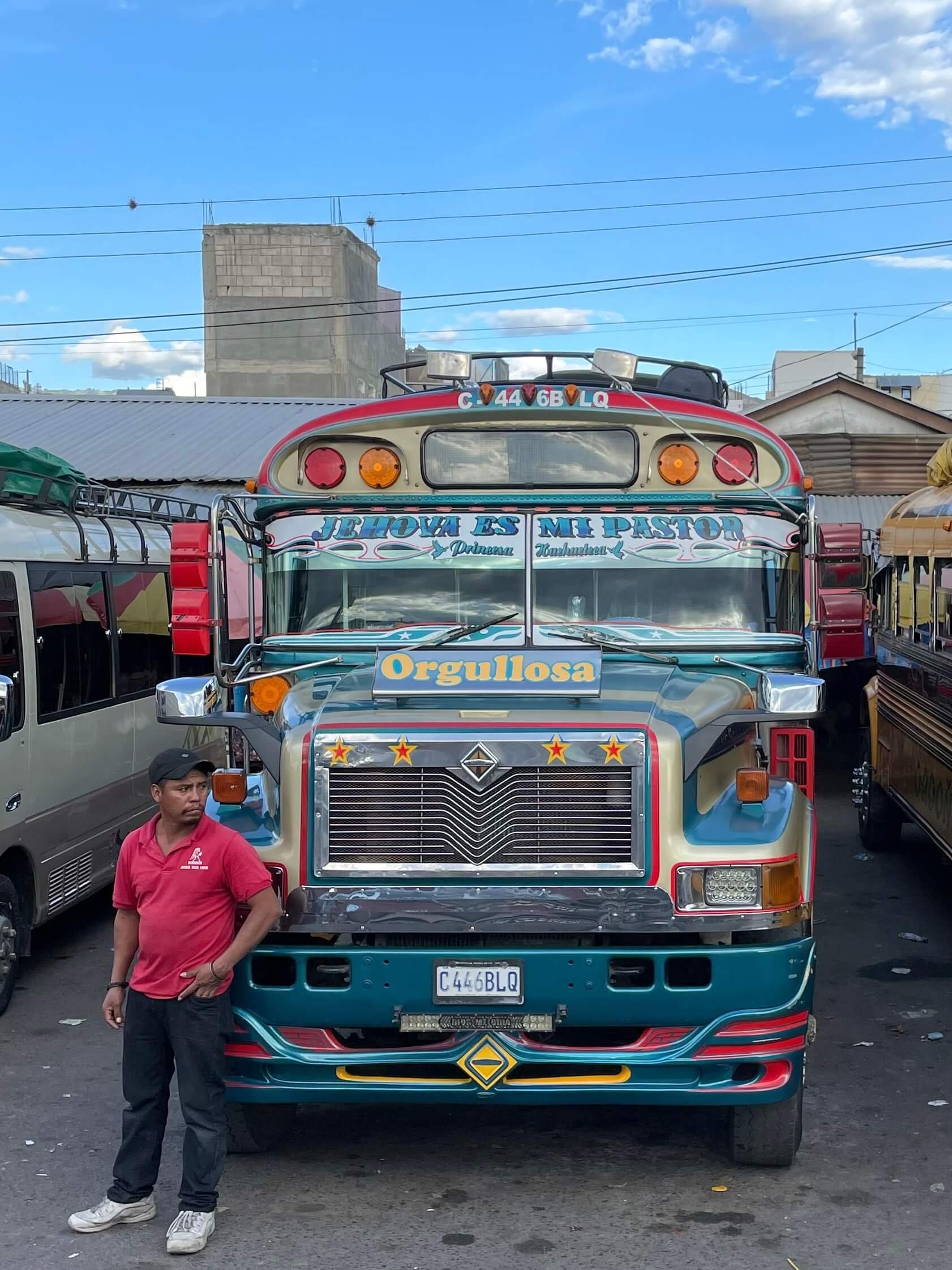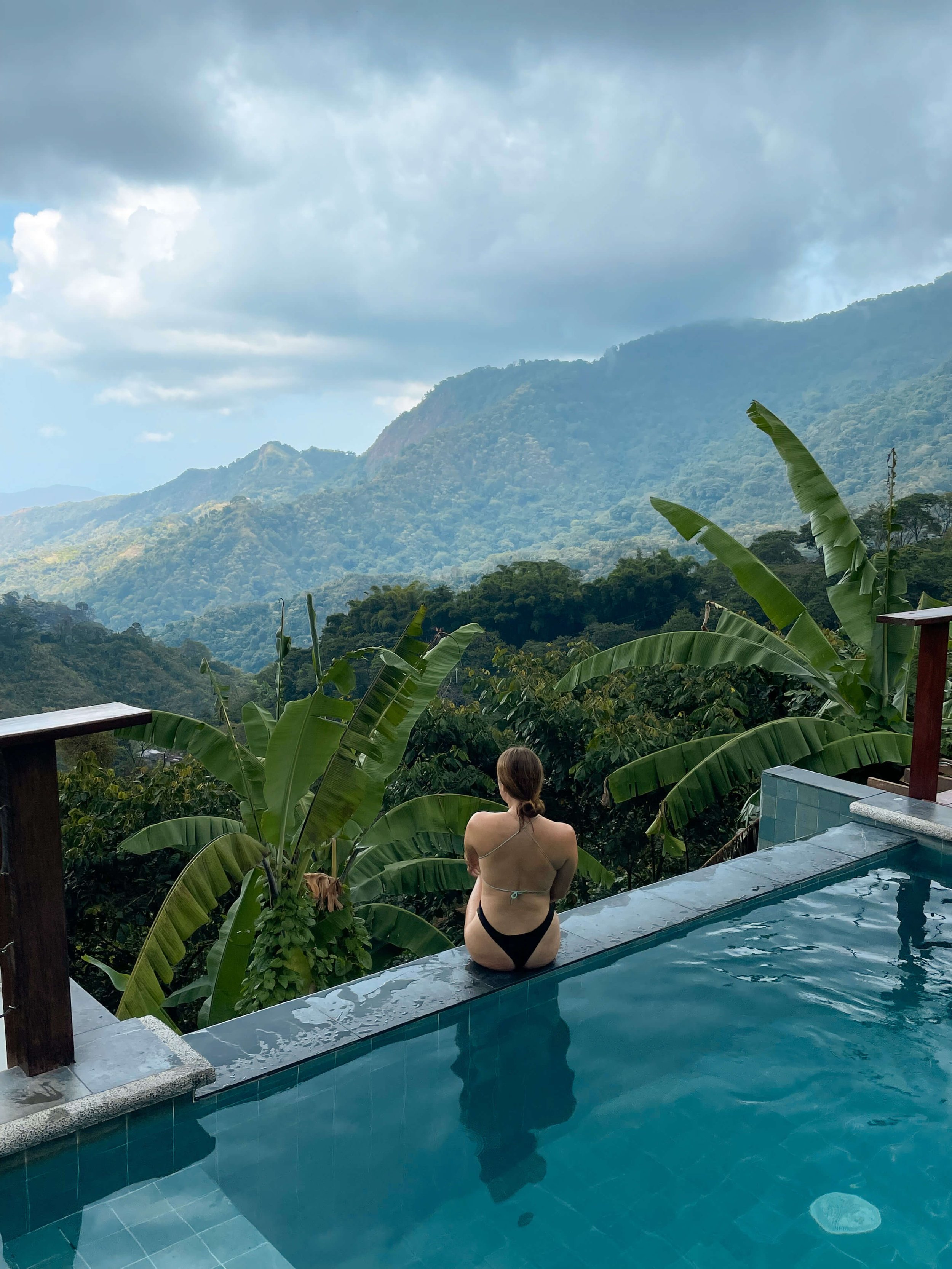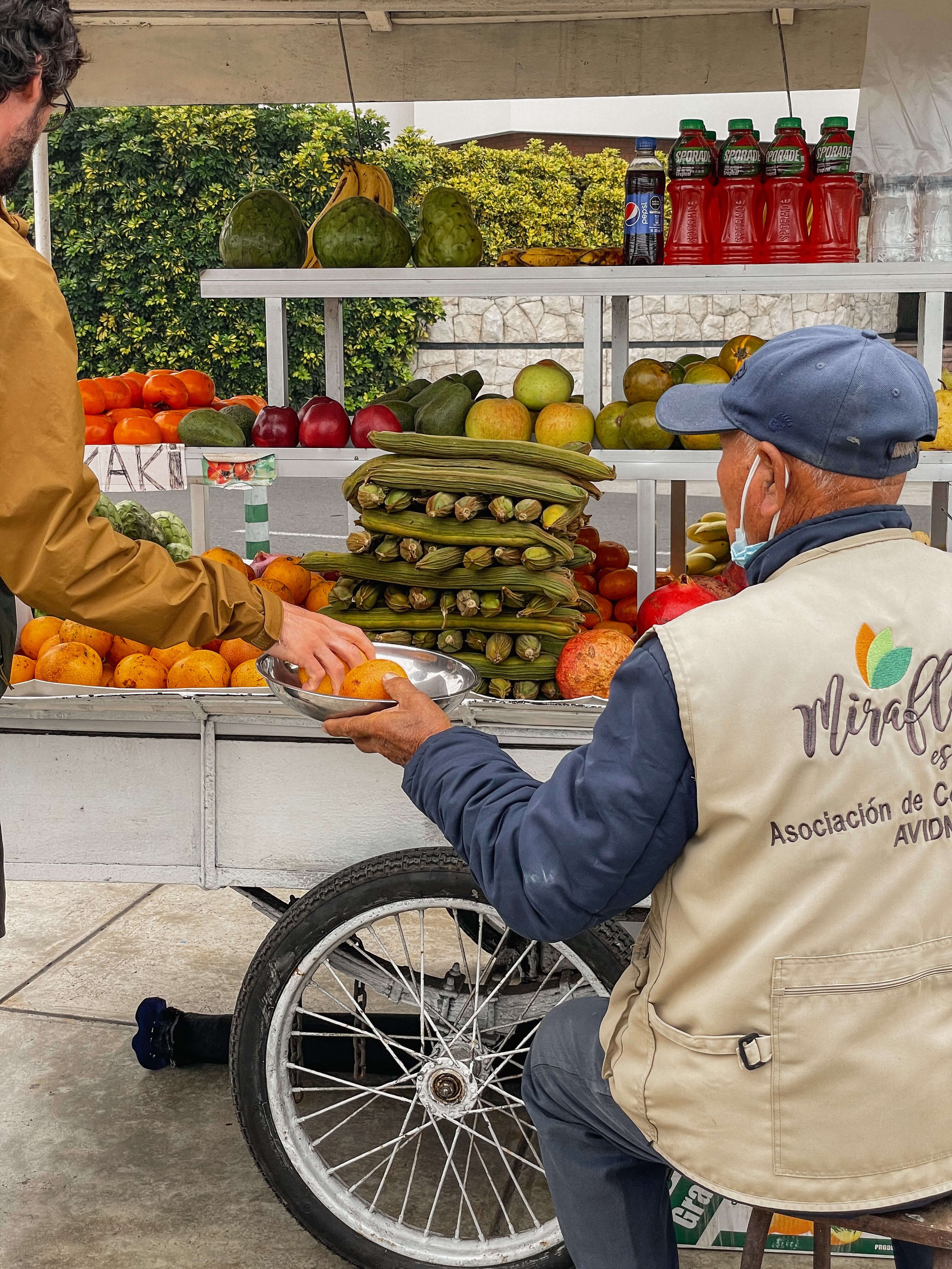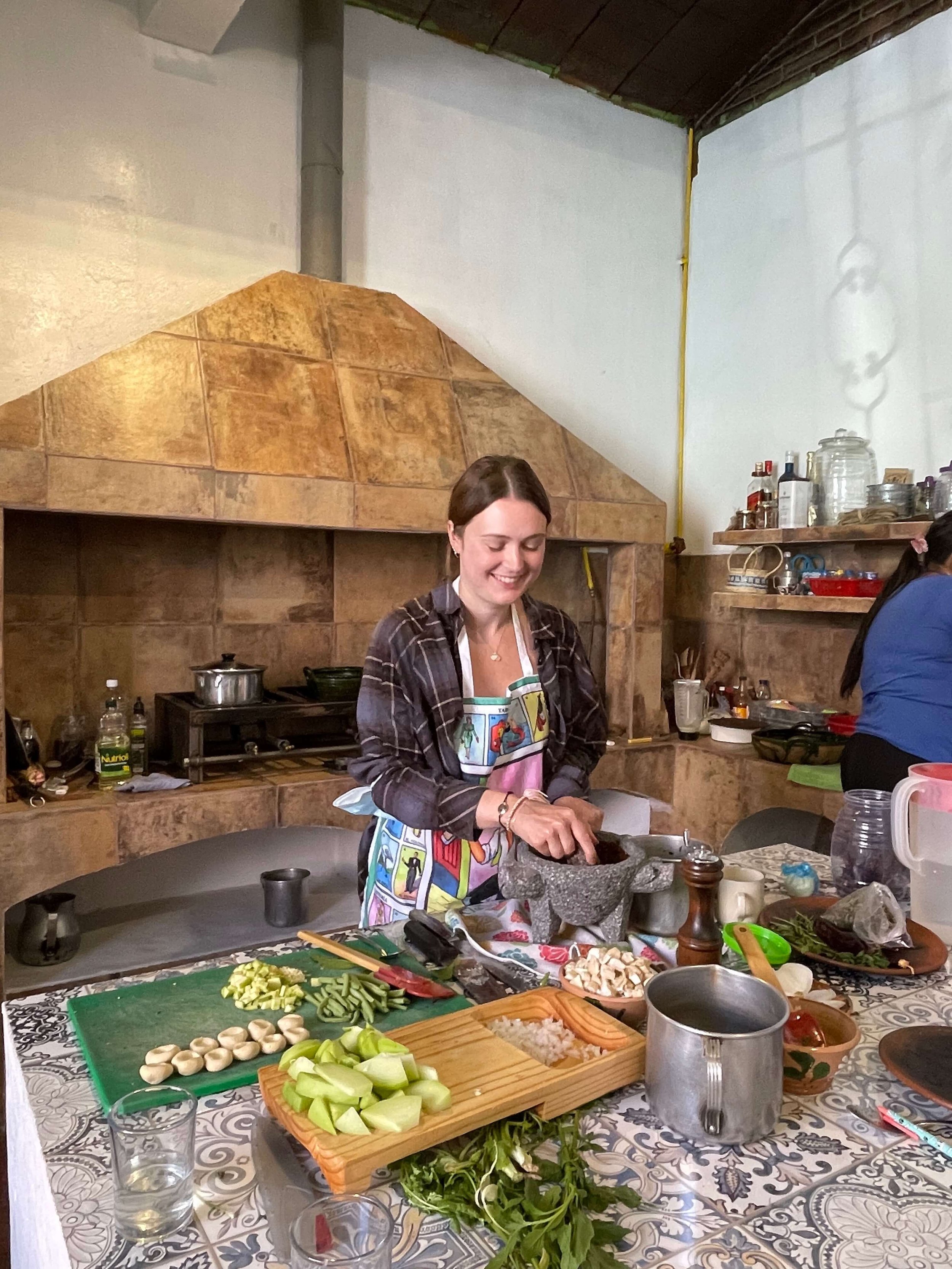How to Backpack on a Budget: Top 5 Tips to Help You Travel Cheaper
Ever wondered how people can travel so often or for such long periods of time? I remember, years ago Dan and I would scroll through social media, wishing that it could be us travelling the world but with no idea how to afford it. Now here we are, 4 years later having experienced so much of the world and it’s still not over yet. Once we saved up our wages tirelessly and headed out on the road, we learnt how cheap travel could be and that it really doesn’t need to cost you the world. In fact, our costs while travelling are pretty much the same, if not lower than the cost of living back at home in the UK. Throughout our various backpacking trips, we have learnt so many tips, tricks and hacks that can save you a small fortune. Here are our top 5 tips which we know will help you to slash your spending so you can stretch your budget and travel for longer:
1. Consider your destination
The first step to any trip is choosing your destination. If you are on a tight budget, your money is going to go further in cheaper countries. If you are flexible with your travel plans you can research some of the most budget friendly countries and plan your trip around that. For example, travelling Mexico is cheaper than backpacking the USA and visiting Southeast Asia costs less than road tripping Australia.
Once you have chosen the country or countries, consider the destinations within that country that you’d like to visit. Places that are touristy often cost much more than those that are ‘off the beaten path’. A great example of this is Bali. Indonesia is an extremely cheap country and although Bali is still relatively cheap, it is much more expensive for transport, accommodation, and food than the majority of the other islands that are less popular in Indonesia. However, we recommend looking for destinations with a perfect balance of being ‘off the beaten path’ while still having sufficient infrastructure for backpackers. If there is little to no transport options or accommodation, it can end up being more expensive. An example of a perfect country that has this balance is Nicaragua. We found this to be the cheapest country to travel in Latin America, it wasn’t too touristy, but the backpacking infrastructure and local transport were perfect.
2. Travel in ’shoulder season’
The ‘shoulder season’ is the period between peak and off-peak seasons. This is when the weather is still great for travel but there are less crowds. Because there is less of a demand in shoulder season for things such as accommodation, activities, and transport (particularly flights), the price will decrease, making it a great way to save money. This also makes it easier to book things last minute, giving you the ability to be more spontaneous, and make the most of cheaper rates when hotels and hostels are trying to fill their remaining rooms or transport services want to book up their empty seats.
3. Reduce your transport costs
If you are not smart about it, transport can be a huge cost that will quickly eat away at your budget. This is especially true if you consistently fly between destinations, pay for expensive taxis, or frequently use transport that is made specifically for tourists. Here are some alternatives to bring your costs right down:
Travel like a local
Public transport will almost always be cheaper than tourist buses or flights. For example, many countries in Latin America use ‘chicken buses’. These are retired US school buses that are each uniquely decorated, and they will get you pretty much wherever you want to go, even over border crossings! You may have to sacrifice comfort, a bit of extra time and often take more than one bus to get to your destination but it will save you a fortune compared to the expensive tourist buses. Make sure to do your research and talk to the locals to find out the best way to get around in your chosen destination. Travelling this way is also a fun experience that allows you to immerse yourself in the culture, meet the local people and have some great stories to tell! Alternatively, if you are in an expensive country with a lack of public transport, buying a cheap car might be the most budget friendly option.
Use ride sharing apps
If you are heading somewhere, there is a good chance that other people are going that way too! Many countries have ride sharing apps and our favourite is BlaBlaCar. BlaBlaCar is a safe way to carpool as it is a secure platform that requires ID to sign up and every profile has reviews from previous journeys. You can use this to get a cheap ride or to reduce your fuel costs (or even make some money) by picking up some passengers if you are travelling in your own car.
Hitchhiking
If you want to take budget backpacking to the next level, try out hitchhiking! There are so many benefits to hitchhiking beyond the fact that it can get you hundreds of miles for free. This is an option we have opted for many times and some of our best travel memories were born out of it. You meet some of the most hospitable, kind, and selfless people and visit destinations that you wouldn’t have otherwise been to. It gives a sense of freedom and adventure like no other.
The first time we hitchhiked was in Mexico and to be frank, we were shitting ourselves. We found ourselves in the middle of nowhere with no public transport options because the passing buses were full or unable to stop. A local family had seen our failed efforts to flag a bus down and offered us a lift. Although apprehensive, we jumped in the back of the pick-up truck, squished in with a full family and headed on our way. This ended up being one of the most heart-warming experiences of the trip and one that we will never forget. This lovely family, who we were complete strangers to, drove an hour out of their way to take us back to our Airbnb, while offering us food, snacks, and drinks. We spent hours travelling, with the wind in our hair, using google translate to communicate (our Spanish was terrible) and having a laugh with some of the kindest people we’d ever met. As they dropped us off, we tried to give them fuel money, but they completely refused and instead gave us some rosary beads to keep us safe on our travels. Needless to say, this was the first of many hitchhiking journeys and the start of countless stories and memories.
But is it safe? Of course it comes with its dangers but like most things, hitchhiking can be safe with some common sense. Make sure that you do some research prior to your travels, if the locals use hitchhiking to get around, chances are it’s safer. In some countries, hitchhiking is illegal so make sure you aren’t breaking the law. As we are a couple, we never hitchhike alone and wouldn’t recommend to. If you are travelling solo, we’d advise asking your fellow travellers if they are going in the same direction and travel together. Lastly, trust your gut. If something doesn’t seem right, chances are it’s not. You don’t have to accept a lift if you are feeling uncomfortable.
4. Save money on accommodation
Leave behind the fancy hotels and all-inclusive resorts and save money on your accommodation. There are plenty of cheap places to stay in most countries and even ways of staying in places for free. Here are our recommendations:
Hostels
Most places with decent tourist infrastructure will have hostels. Many people still associate hostels with dirty, dingy, and unsafe places that should be avoided. However, this could not be more untrue. Hostels are changing and are now often cleaner and nicer than cheap hotels. Some of the hostels we have stayed in have allowed us to stay in beautiful areas with infinity pools stretching over incredible views, with bars, games rooms, hot tubs, and aesthetic dorm rooms, for less than $10 a night. Hostels are also sociable, so they are a great place to start when you want to meet fellow backpackers and make some friends. We recommend to research and read reviews when picking a hostel as each one varies in quality and vibe. For example, some hostels might be more suited to those who like to drink and party, and others might be more relaxed and chilled out.
When booking the hostel, check the price on Hostelworld, Booking.com and the rates of booking directly with the hostel. Sometimes the price can vary between sites, so this will ensure you get the best deal. If you are not travelling in a busy season, booking last minute, or just turning up can also reduce the price as they want to fill the empty rooms for the night.
Airbnb
As a couple, we found that staying in an Airbnb was sometimes cheaper than getting two dorm beds or a private hostel room. Airbnb is particularly good if you are travelling in a bigger group as there are more people to split the cost. When going to new destinations we often search for both hostels and Airbnb to see which one offers the best deal.
Volunteering for accommodation
If you are planning on staying somewhere for a little longer, working a few hours a week in exchange for somewhere to stay and often free food, is a great way to save the cash! We recommend using Worldpackers as you can find amazing volunteering opportunities all over the world and you only have to pay a small fee annually to use it. To save $10 on this subscription you can use the code ‘ESCAPETONEWPLACES’. Volunteering in hostels is also a great option. You can find many on Worldpackers but you can also approach hostels yourself and see if there are any opportunities available during your stay.
Trusted Housesitters
This is another great site that allows you to live somewhere for free but this time in exchange for looking after the house and pets of a local. It’s the perfect option if you love animals and are looking for somewhere homely while still immersing yourself in local life and culture.
Couchsurfing
Couchsurfing is an app that allows you to safely stay with locals for free. This is not only a great way to save money but also a cool way to meet amazing local people who know so much about the area and often have similar interests.
Camping
Camping is a great option, particularly in countries where there are not many options for cheap accommodation. For example, we are currently in Australia and here there are plenty of free and cheap campsites but not a lot of budget accommodation options. Therefore, depending on how long you are travelling for, it can be cheaper to pitch up a tent, buy or rent out a camper van or get set up with a 4WD and a rooftop tent. Although the initial cost of buying a car, van or camper is much greater, it will provide you with accommodation and transport for your full trip which works out cheaper. You can also sell your vehicle at the end of your stay to make some money back.
5. Eat and shop like a local
Food is another major backpacking expense. If you are travelling for long periods, eating out all the time in restaurants is not going to be sustainable. Instead, we recommend eating like the locals. Get off the main tourist streets and head to the places where the locals eat. Street food and ‘hole in the wall’ type places cost you a fraction of the price and the food is often just as good, if not better than in restaurants as it’s mostly local foods cooked by locals for locals. Alternatively, you can get accommodation with a kitchen and cook for yourself. When doing this, we recommend finding out where the locals do their food shopping (such as local markets) and buy your ingredients from there, rather than buying expensive imported groceries. Get creative with your cooking and try to cook in a similar style to the local people rather than trying to find the ingredients for what you cook at home. We find taking cooking classes when you get to a new country can be great for this!
Thanks for taking the time to read, we hope that you found these tips useful. We’d love to hear some of your best budget backpacking tips! Comment them below.
Please note that some links on our blog are affiliate links.
If you decide to purchase anything through our affiliate links, it may make us a small commission with no extra cost to yourself. This helps to support us and allows us to keep writing our travel blog to bring you free tips, guides, and recommendations. As always, we thank you for your continued support and for joining us on this journey.
Happy Travels!

